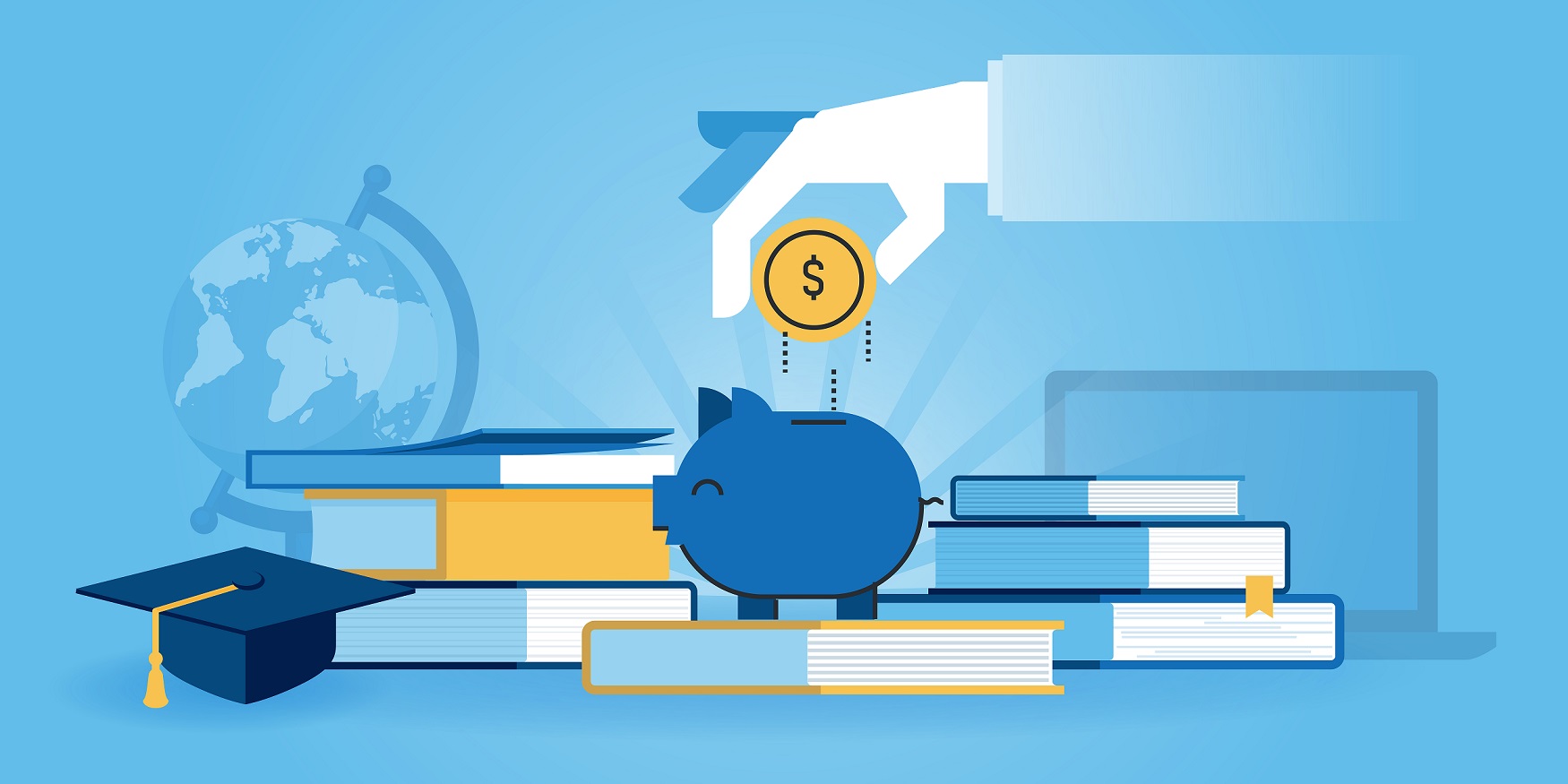
An unfortunate reality is that many law students graduate with debt loads of $60,000 to $100,000, so it is understandable that getting a handle on personal financial issues can seem overwhelming.
But it doesn’t have to be. With basic financial literacy, a clear understanding of your spending habits and a firm commitment to making—and sticking with—a plan, you’ll not only gain control over your finances, but also reduce stress, create balance and live the life you want.
Here are seven strategies to help you deal with debt and establish good financial habits for life:
1. EQUIP YOURSELF FOR SUCCESS
The first step is to arm yourself with the knowledge and tools that build healthy financial habits. Many books will provide a basic understanding of personal finance, and kick-start the financial planning process. Here are a few:
- Stop Overthinking Your Money: The Five Simple Rules of Financial Success by Preet Bannerjee. “I consider [this] essential reading for young professionals entering the workforce,” writes financial planner Rona Birenbaum on her blog, Money Insights. “The sooner one embraces the 5 rules, the fewer regrets in the future.”
- I Will Teach You to be Rich: No Guilt. No Excuses. No B.S. Just a 6-Week Program that Works by Ramit Sethi. With humour and specific “how tos,” Sethi lays out a serious six-week personal finance program for 20-35 year-olds who want to master their finances with minimal effort.
- The Wealthy Barber: The Commonsense Guide to Becoming Financially Independent by David Chilton. A classic that lays out the essential principles of managing money. It’s perfect for lawyers, who understand the importance of guiding principles. Originally published in 1989 and updated in 2011 as The Wealthy Barber Returns, it remains highly relevant today.
2. MAKE A PLAN
As Yogi Berra said, “If you don’t know where you’re going, you’ll end up someplace else.” Your behavioural energies need a focus, a direction—something that will quickly guide the myriad financial decisions you make every day.
First, get clear on what you owe. All of it: student loans, family loans, lines of credit, credit cards, etc. Next, determine how long it will take to pay them off using a loan calculator; they are easy to find online.
At the same time, track your spending for a month or two to understand where your money is going. This always reveals surprises (“do I really spend $60 a week on lunch?”) and will undoubtedly uncover opportunities to cut expenses.
Painting a picture of your financial situation can be daunting, but as you get a handle on your situation and begin to take charge, confidence will gradually replace fear and your motivations will begin to work on your behalf to guide positive behaviours.
3. PAYING OFF DEBT IS YOUR BEST INVESTMENT
It may seem counter-intuitive, but paying off debt is one of the best investments of all time.
For example, if you are in the 35% tax bracket, paying off debt with an interest rate of 5% is equivalent to earning 8% (before-tax) without risk in a GIC; considering GICs currently earn only 1 to 2%, that’s an incredible return.
Focus on paying off your highest interest debts first. And, to make things more manageable, consider consolidating debts and trying to negotiate lower interest rates or lower monthly payments.
“Don’t be afraid to negotiate,” says one 2012 grad. “It may take some leg work and some shopping around, but it’s worth it to get a better interest rate.”
Another grad was successful in having the bank reduce her minimum monthly payments while she was working part-time. The key was being proactive, prepared and honest.
4. BEWARE OF CREDIT
Strive to pay off credit card balances each month. You’ll save yourself from unbelievably high interest rates, and contribute to a good credit score. Don’t be tempted by new credit cards offering rich rewards, or “helpful” invitations to increase your credit limit.
Says one 2013 grad, “Credit card companies are only too happy to up your limit. But I just keep telling myself it’s way easier to say ‘no’ to a higher limit in the first place than it is to discipline myself to not spend to that limit once I have it.”
5. TAKE A SPENDING HOLIDAY
Challenge yourself to live below your means. Get creative and find frugal ways to have fun. Enter a pact with a friend to not buy anything new for one, two, three months or longer. Enforcing a newfound discipline is empowering.
For inspiration, check out Cait Flanders’ blog: http://caitflanders.com where she chronicles her journey to pay off $30,000 in debt. In the process she imposed a two-year shopping ban and tossed 75% of her belongings. She is now committed to “consuming less and living more.”
With a spending holiday you’ll obviously save money, but, like Cait, you may also find you’re leading a richer and more meaningful life by investing in experiences rather than things.
6. START INVESTING—EVEN A LITTLE BIT
Admittedly, if your top priority is paying off debt, it’s tough to start saving.
However, contributing even small amounts to an RRSP or TFSA early in life pays rich dividends down the road. If you’re working, an RRSP is attractive because of the tax deduction, and the Home Buyers’ Plan, which allows first-time home buyers to withdraw up to $25,000 from an RRSP tax-free to help finance a home purchase.
Whatever saving or investing option you choose, you’ll be adding another smart financial habit to your growing repertoire.
7. DON’T FORGET TO TAKE CARE OF YOURSELF
Gaining control over your finances is not an end in itself; it’s a means to being happier, healthier and more fulfilled. Like so many things in life, it’s about balance. Says the 2012 grad, “it’s OK to buy nice things once in a while, but don’t get too sucked into the lifestyle. Treat yourself, then go back to living frugally.”


